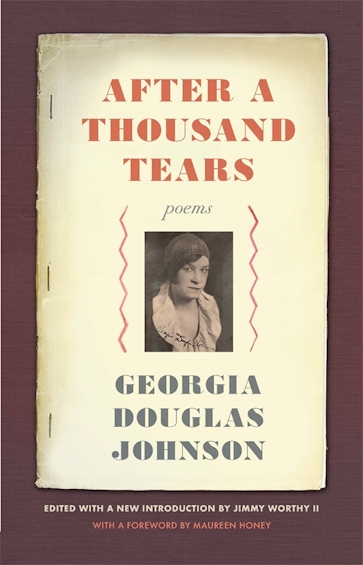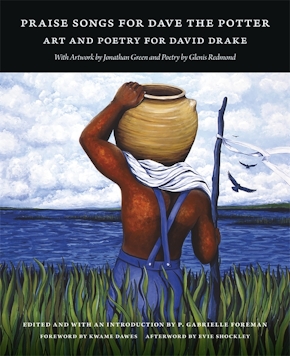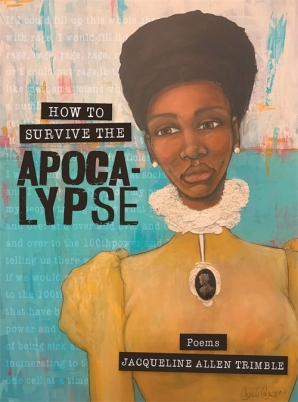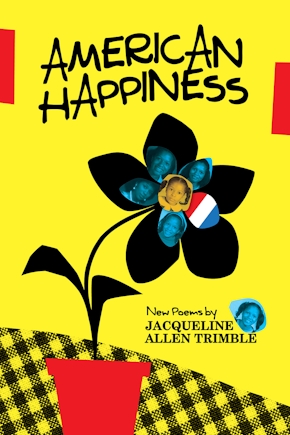After a Thousand Tears
Poems
Title Details
Pages: 168
Illustrations: 2 b&w images
Trim size: 5.500in x 8.500in
Formats
Hardcover
Pub Date: 03/01/2023
ISBN: 9-780-8203-6283-0
List Price: $32.95
eBook
Pub Date: 03/01/2023
ISBN: 9-780-8203-6284-7
List Price: $32.95
eBook
Pub Date: 03/01/2023
ISBN: 9-780-8203-6360-8
List Price: $32.95
Series
Stuart A. Rose Manuscript, Archives, and Rare Book Library at Emory University Publications Ser.
Related Subjects
After a Thousand Tears
Poems
A newly discovered collection of poetry from a renowned writer of the Harlem Renaissance
Skip to
- Description
- Reviews
Georgia Douglas Johnson (1877–1966) was the most prolific female writer of the Harlem Renaissance. Born as Georgia Blanche Douglas Camp in 1877 in Atlanta, Georgia, Johnson devoted much of her artistic imagination to indexing African American women’s interior life and advancing the means through which to achieve interracial cooperation. After a Thousand Tears represents the only extant poetry collection that Johnson authored between 1928 and 1962, and it illustrates her more nuanced and transgressive prescription for gender, racial, and national advancement.
Although scholars have critically examined Johnson’s four previously published collections of poetry (The Heart of a Woman [1918], Bronze [1922], An Autumn Love Cycle [1928], and Share My World [1962]), they have never engaged After a Thousand Tears. Jimmy Worthy II located the unpublished work while conducting archival research at Emory University’s Stuart A. Rose Manuscript, Archives, and Rare Book Library. Worthy discovered that while Johnson intended to publish Tears with Padma Publications of Bombay in 1947, the project never came to fruition. Published now, for the first time, this volume features eighty-one poems that offer Johnson’s intimate and forthright sensibility toward African American women’s lived experiences during and following the Harlem Renaissance.
—Judith L. Stephens-Lorenz, editor of The Plays of Georgia Douglas Johnson: From the New Negro Renaissance to the Civil Rights Movement
—Camille T. Dungy, author of Soil: The Story of a Black Mother's Garden
—Akasha Gloria T. Hull, author of Color, Sex, and Poetry: Three Women Writers of the Harlem Renaissance
—Honorée Fanonne Jeffers, author of The Love Songs of W.E.B. Du Bois
—Mark A. Sanders, author of Afro-Modernist Aesthetics and the Poetry of Sterling A. Brown



